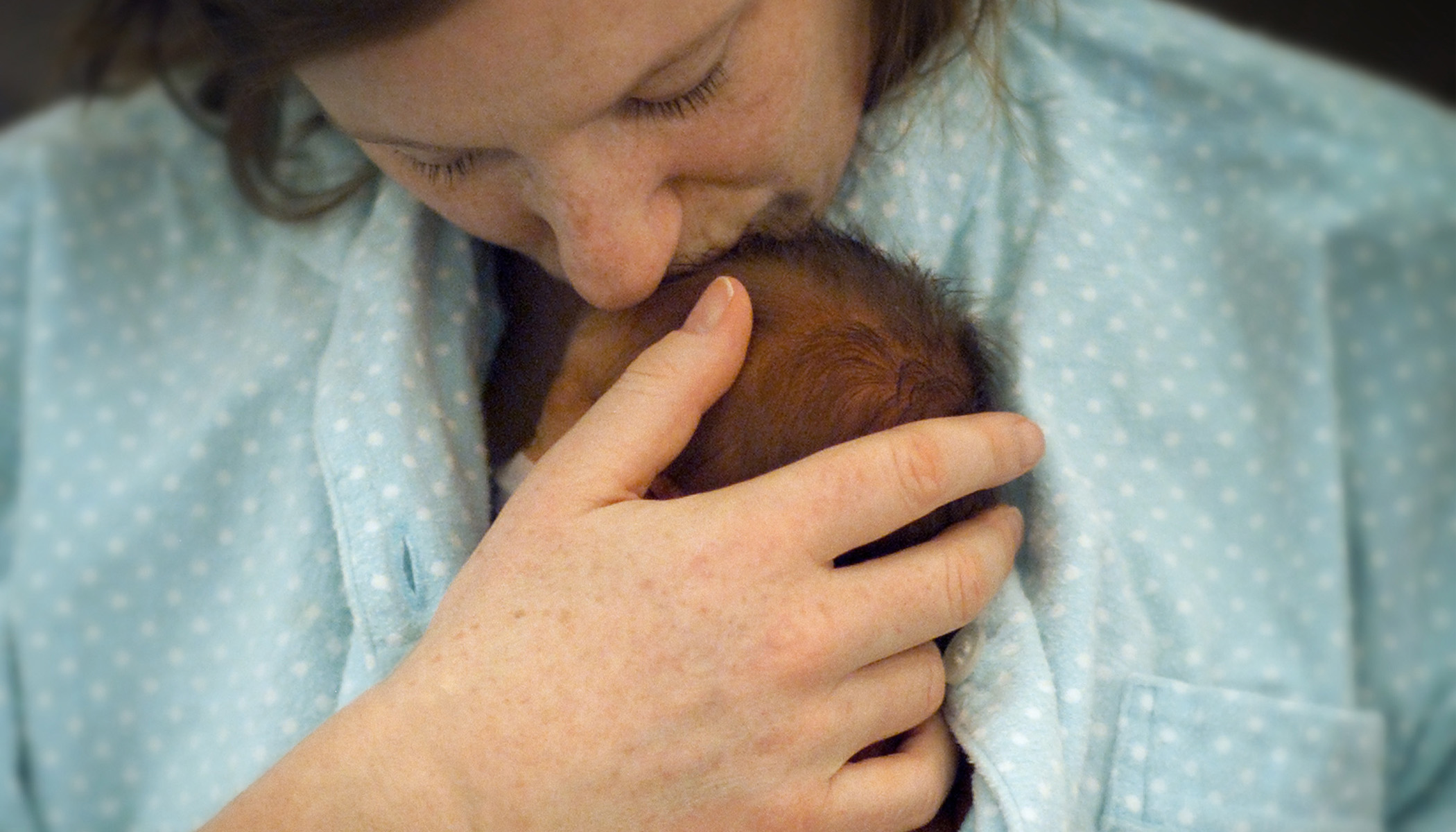A wire free vital signs monitoring system for use in Neonatal Intensive Care Units.
When babies are in intensive care, they need to be continuously monitored. This requires multiple sensors with separate wires. These wires can become tangled and make clinical care harder.
Parents have reported that the wires create both a physical and emotional barrier to caring for their babies. They also make nursing staff less keen to take babies out of incubators for parents to hold. Importantly, Kangaroo Care, where babies are held in skin-to-skin contact, is known to improve newborn brain development, and to reduce parental anxiety and stress. Furthermore, the multiple wires can be overwhelming to parents, making them frightened of holding their babies.
Technology overview
In a collaboration between the Departments of Paediatrics and Engineering, and Cambridge University Hospitals NHS Trust, Neonatal Wireless Transmission System (NeWTS) is a novel and bespoke wireless bridge between the vital signs sensors and the patient monitor. The wireless system enables easier physical contact between parents and their baby.
Benefits
- NeWTS includes all four key elements of intensive care monitoring: skin temperature, heart activity (ECG, electrocardiogram), respiratory rate, and blood oxygen levels (pulse oximetry).
- NeWTS has been designed specifically for babies in hospital, particularly premature babies.
- NeWTS facilitates Kangaroo Care which can be challenging with the current wired system.
- NeWTS can be used with existing patient monitors and data management systems. Competitor products require the replacement of existing monitors and require integration into e-health record systems.
- NeWTS has a potential cost saving to NHS by improving outcomes through Kangaroo Care and increasing breastfeeding rates for example by reducing the length of stay.
Applications
NeWTS would be applicable to neonatal care units within the NHS and other (public and private) healthcare providers worldwide.
Opportunity
NeWTS is currently being developed as a commercial product in collaboration with a private engineering consultancy firm and has achieved the first milestone with the development of design specifications and “looks like” and “works like” prototypes. The development of production equivalent units is about to commence. We are looking for licensees to collaborate on the further development of the NeWTS technology and ultimately for a sales and manufacturing partner.
Inventors
Dr Kathryn Beardsall, Department of Paediatrics
Dr Oliver Bonner, Department of Engineering
Patents
A Priority patent application was filed in May 2023
Funding
This study/project is funded by the NIHR Invention for Innovation Product Development Award (NIHR202920). The views expressed are those of the author(s) and not necessarily those of the NIHR or the Department of Health and Social Care.




